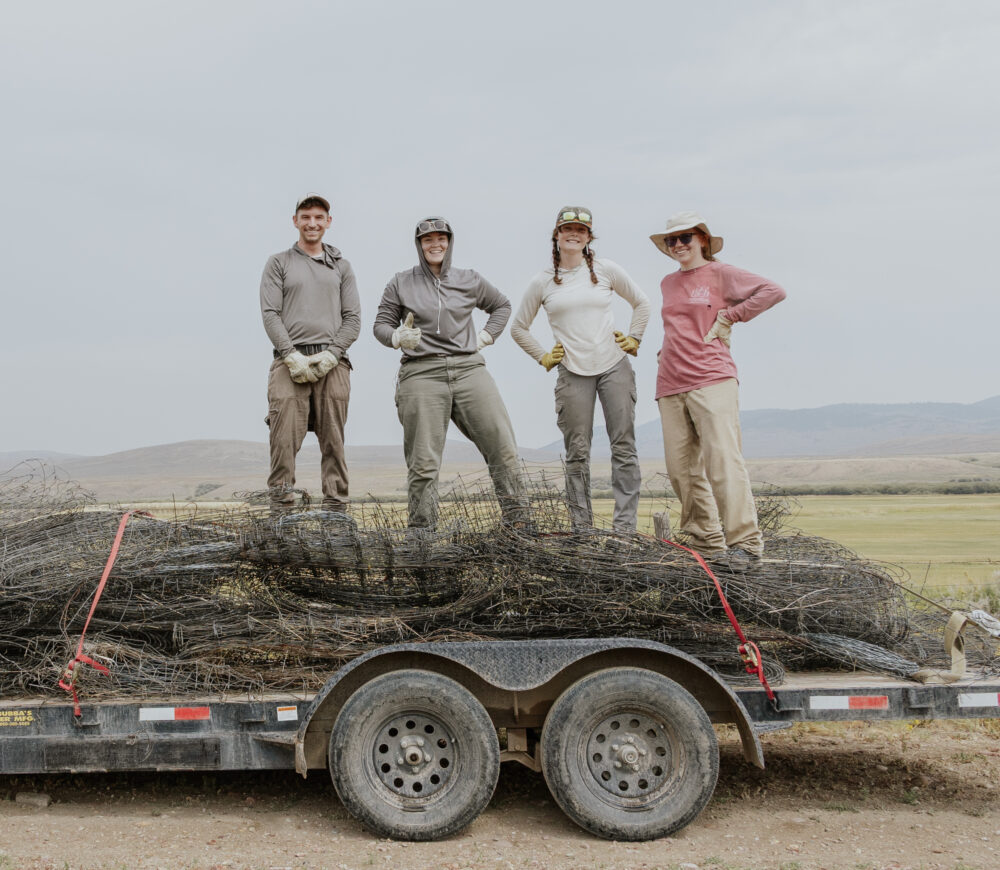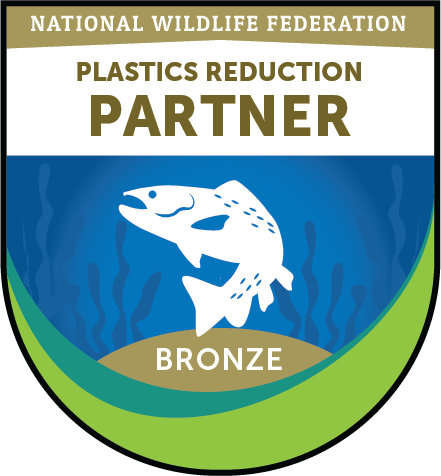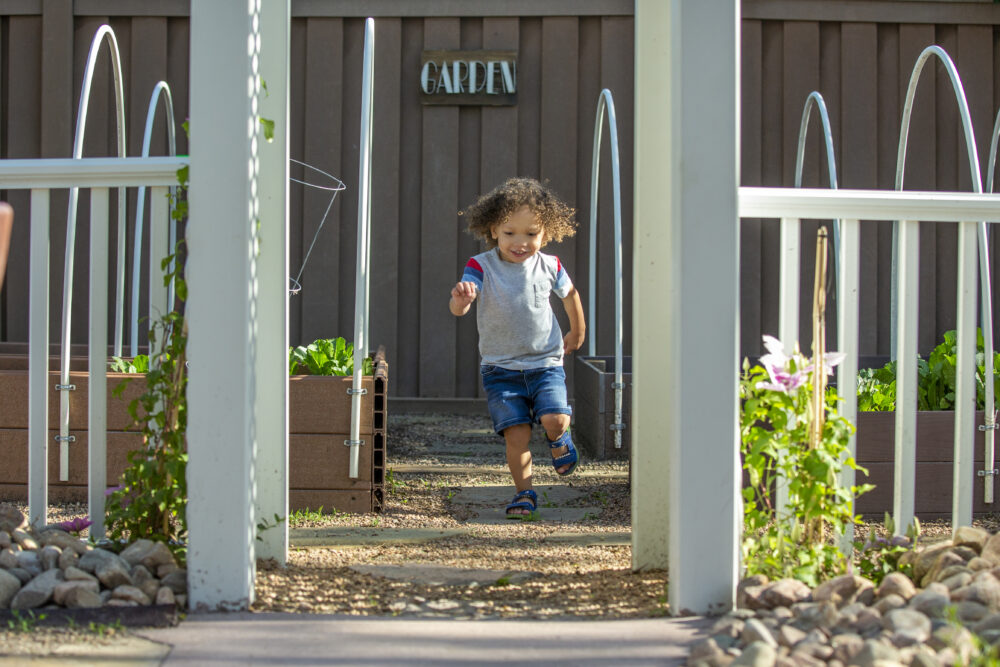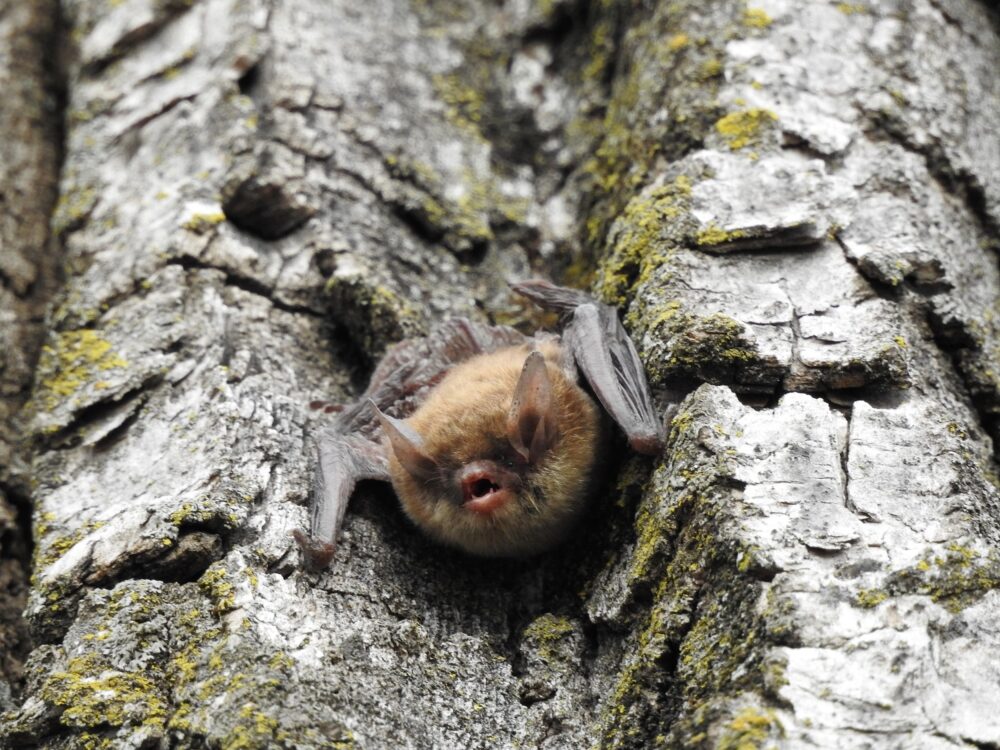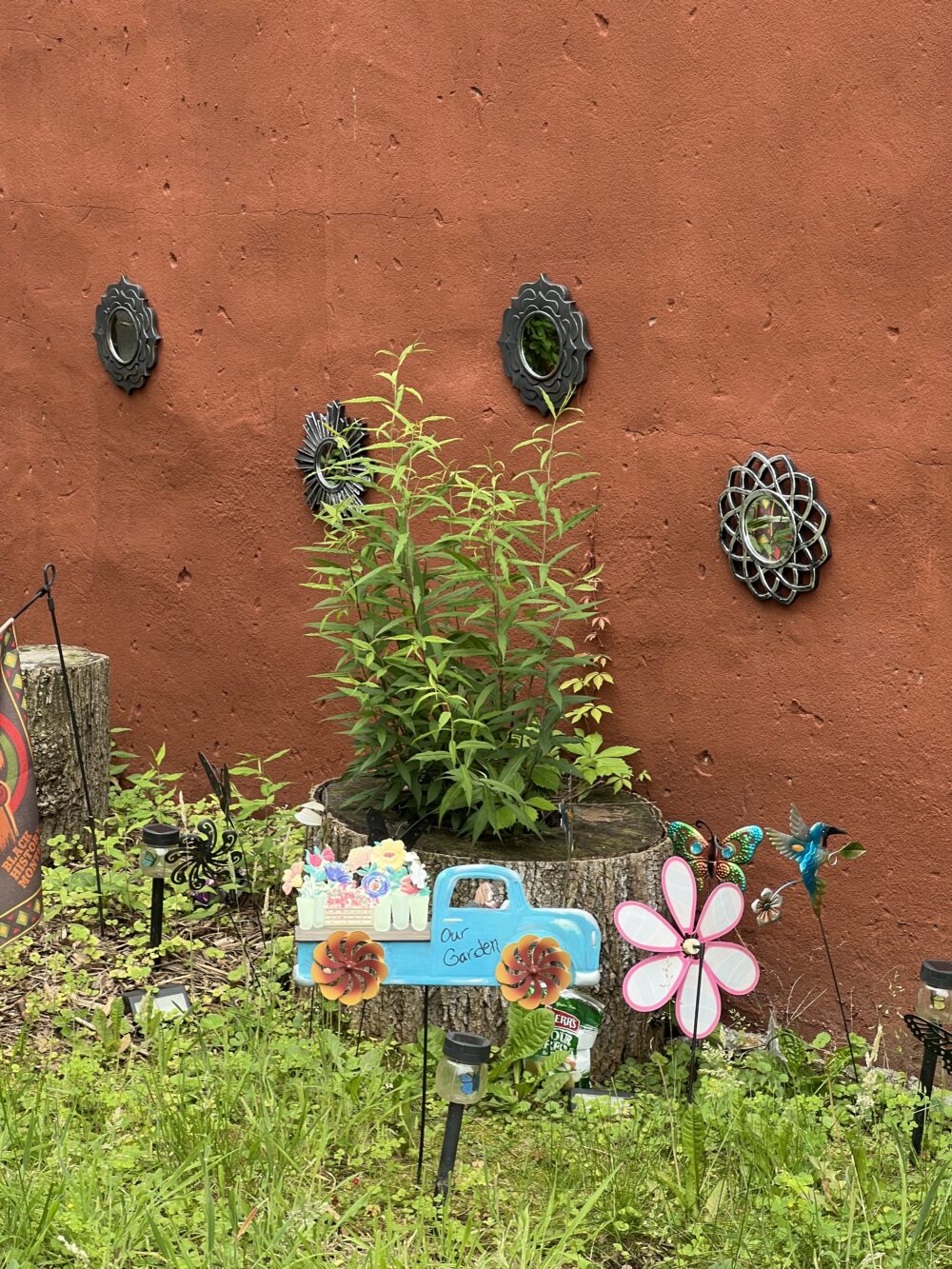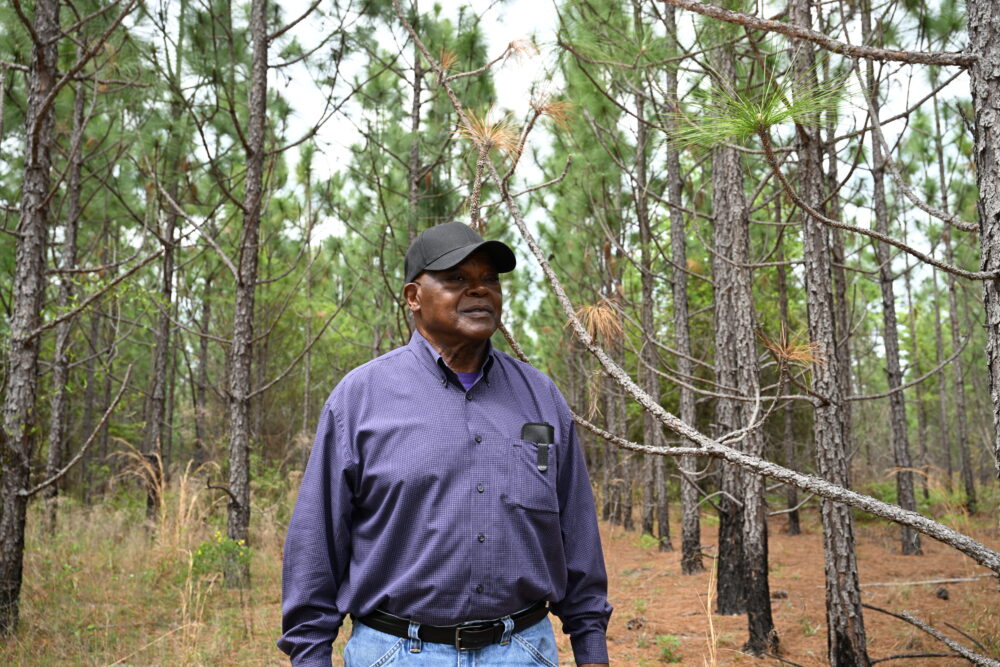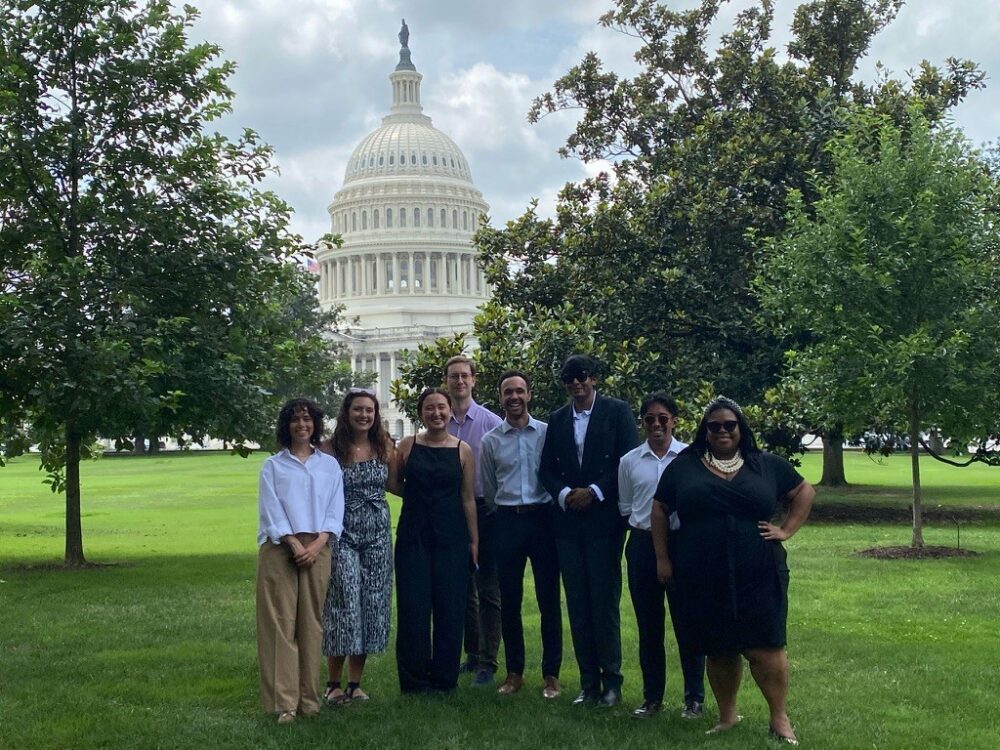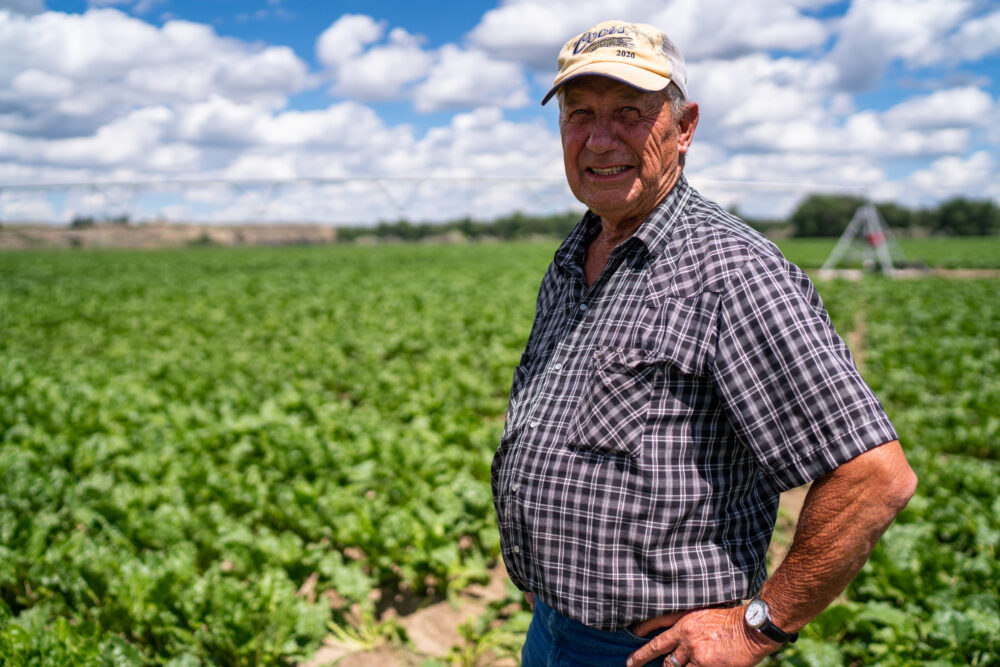We have much more to do and your continued support is needed now more than ever.
The Women’s Environmental Institute
Celebrating Women’s Leadership in the Environmental Justice Movement
This Women’s History Month the National Wildlife Federation is honoring women who have worked to advance environmental justice initiatives in their community. We will be highlighting Karen Clark and Jacquelyn Zita, founders and directors of a Minnesota-based non-profit dedicated to promoting “environmental justice through agricultural, racial, and gender justice strategies” called the Women’s Environmental Institute (WEI).
The Origins of the Women’s Environmental Institute
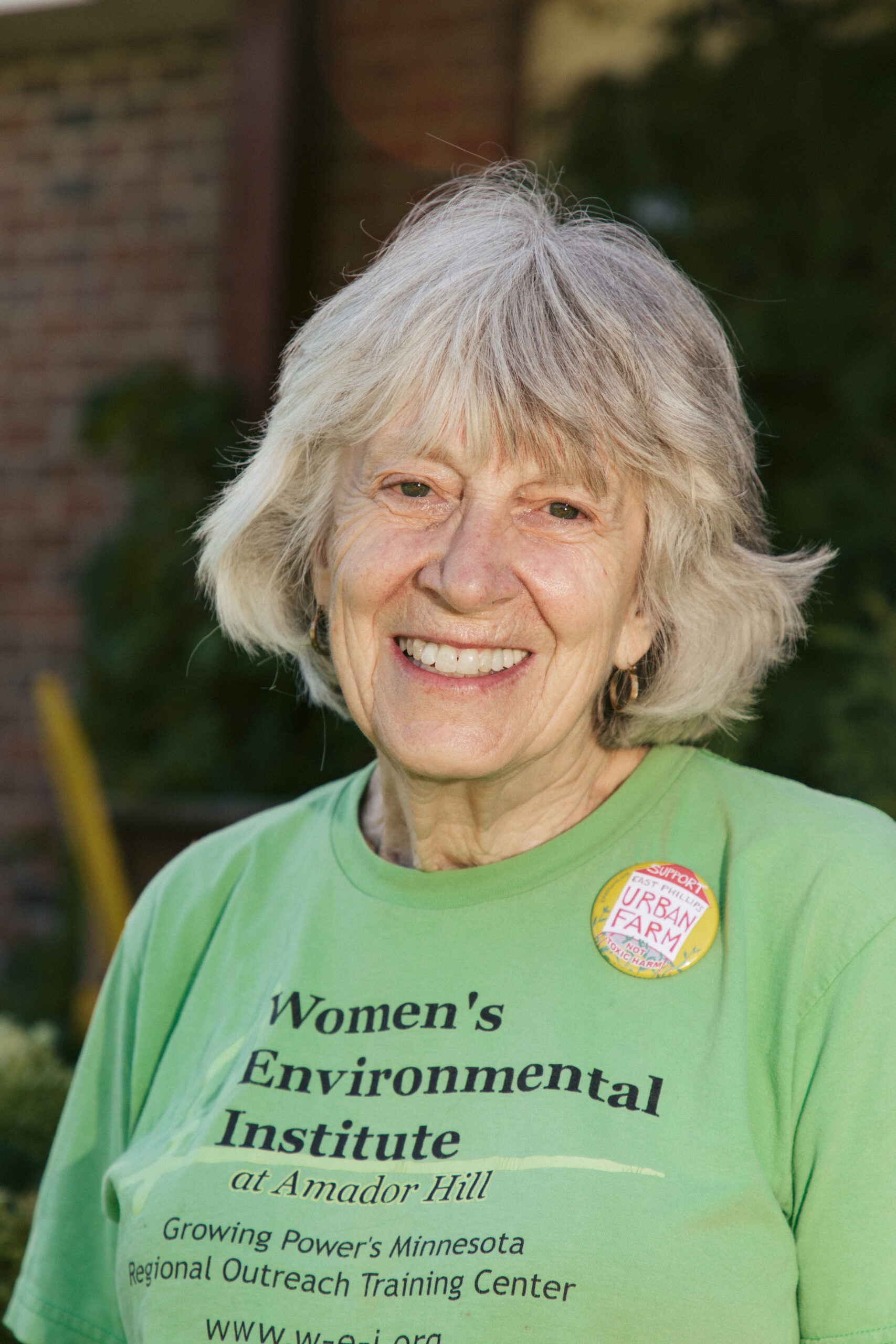
Karen Clark first formed a connection to the land and developed a concern for social justice issues as the daughter of sharecroppers from southwestern Minnesota. During her childhood, she observed that “things aren’t necessarily fair so you have to really fight to help to make them more fair.” Clark continued to nurture these passions as she enrolled in nursing school where she observed how environmental conditions could impact an individual’s health. Unfortunately, the environmental movement at the time did not consider these intimate connections between humans and the environment.
After graduating from school, Clark became involved in various social movements such as the civil rights movement, the women’s movement, and the gay and lesbian movement. In 1981 Clark was elected to the Minnesota House of Representatives and became the first openly lesbian member of the Legislature. During her over 35-year career in state politics, she focused on addressing environmental justice issues affecting residents in the state.
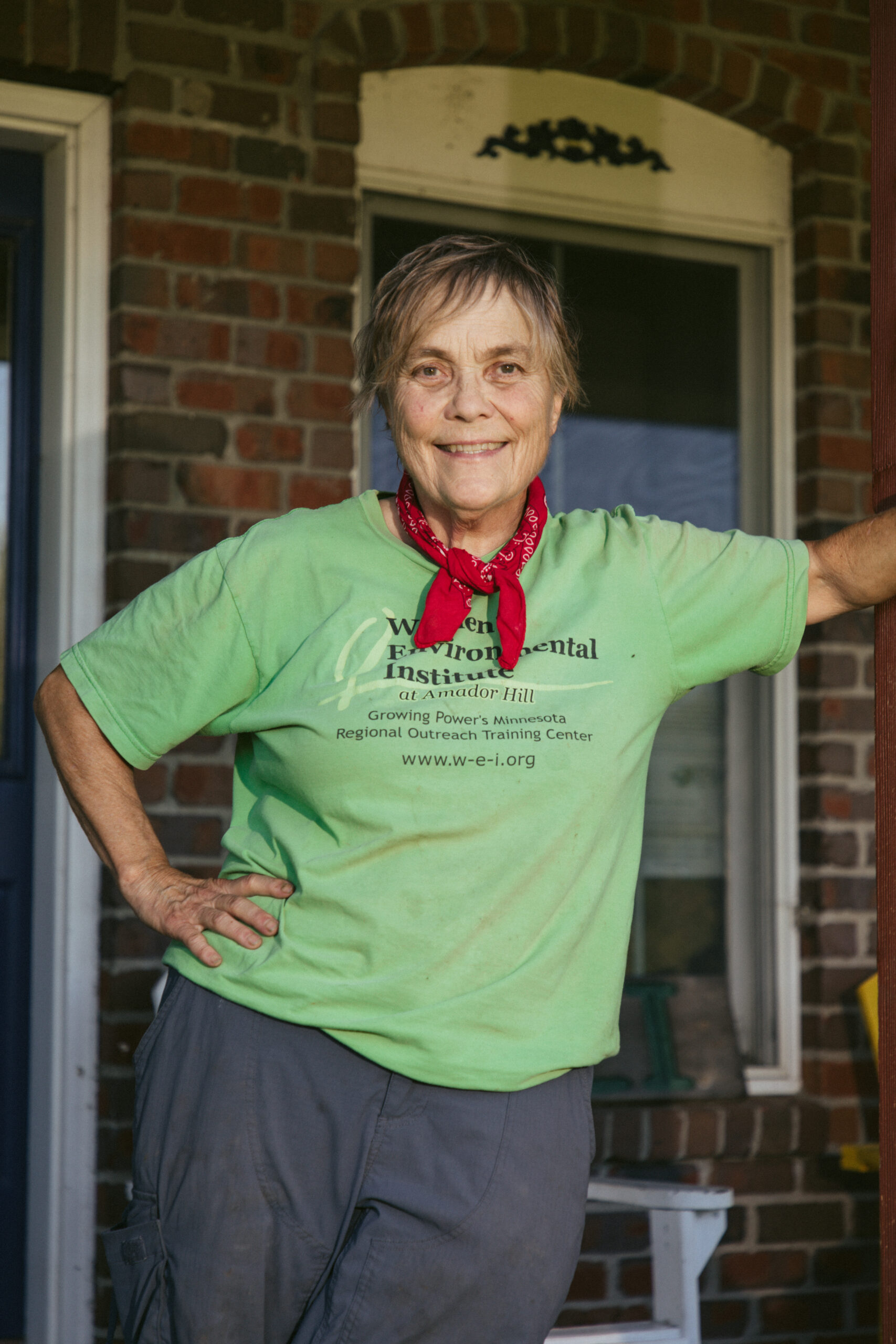
Before the creation of WEI, Jacquelyn Zita was a professor of Gender, Women, and Sexuality Studies at the University of Minnesota where she examined theories of intersectionality and biopower to develop an understanding of how the environment is shaped by social constructs such as race and gender. At this time Zita’s views on education also began to evolve. She wanted to apply this theoretical knowledge outside the classroom and provide experiential learning opportunities that would teach people to think from the ground up by working with the soil. In other words, she asked herself “What could I do not in my head, but with my hands?”
In the 2000s, Clark and Zita’s interests and endeavors transformed into a collaborative effort when they connected with a group of like-minded individuals from various cultural and economic backgrounds in a coffee shop. One of these individuals was Sharon Day, who is a founding Board member of WEI and an Indigenous water protector known for leading women in Water Walks, which are ceremonies that acknowledge the vital role water plays in sustaining life.
In the beginning, the Women’s Environmental Institute was just an idea to form an organization focused on addressing how environmental issues impact people, specifically women and children. The organization’s first board meeting was held in an unfurnished living room where the group committed to advocate for their community and the local ecosystem despite any challenges that may come their way. After receiving some funding from a small state bank, WEI was officially founded in 2003.
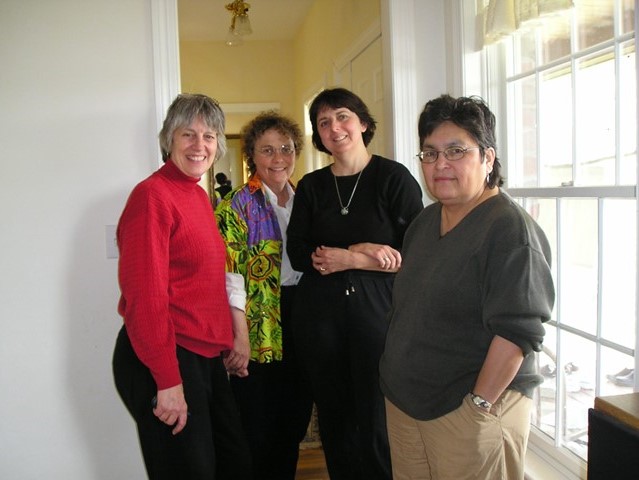
Organizing for the ‘Right to Know’ in Overburdened Communities
Some of WEI’s earliest efforts focused on organizing “to give people the right to know what they [were] living with in terms of environmental and toxic exposure.” Initial research took place in the East Phillips neighborhood, which is a racially diverse working-class community in Minneapolis, MN, that has been impacted by a high concentration of polluting facilities. As a result, residents here experience some of the highest rates of heart disease, asthma, and lead poisoning in the state.
In 2007, WEI helped to create the Phillips Environmental Steering Committee Initiative, a neighborhood advisory committee that surveyed racial and poverty-related health disparities in the neighborhood and advised the organization on next steps. Creating local advisory committees became an important strategy for WEI because it ensured that leadership came from within the communities that were most impacted by an issue.
Clark, a Phillips resident at the time, was able to use this research and the State Legislature’s Geographic Information Service to map these disparities. This visual documentation was then used to help pass the country’s first “cumulative impact analysis” law, which placed a stricter limit on air pollution emitted from facilities located within a half mile of this overburdened area.
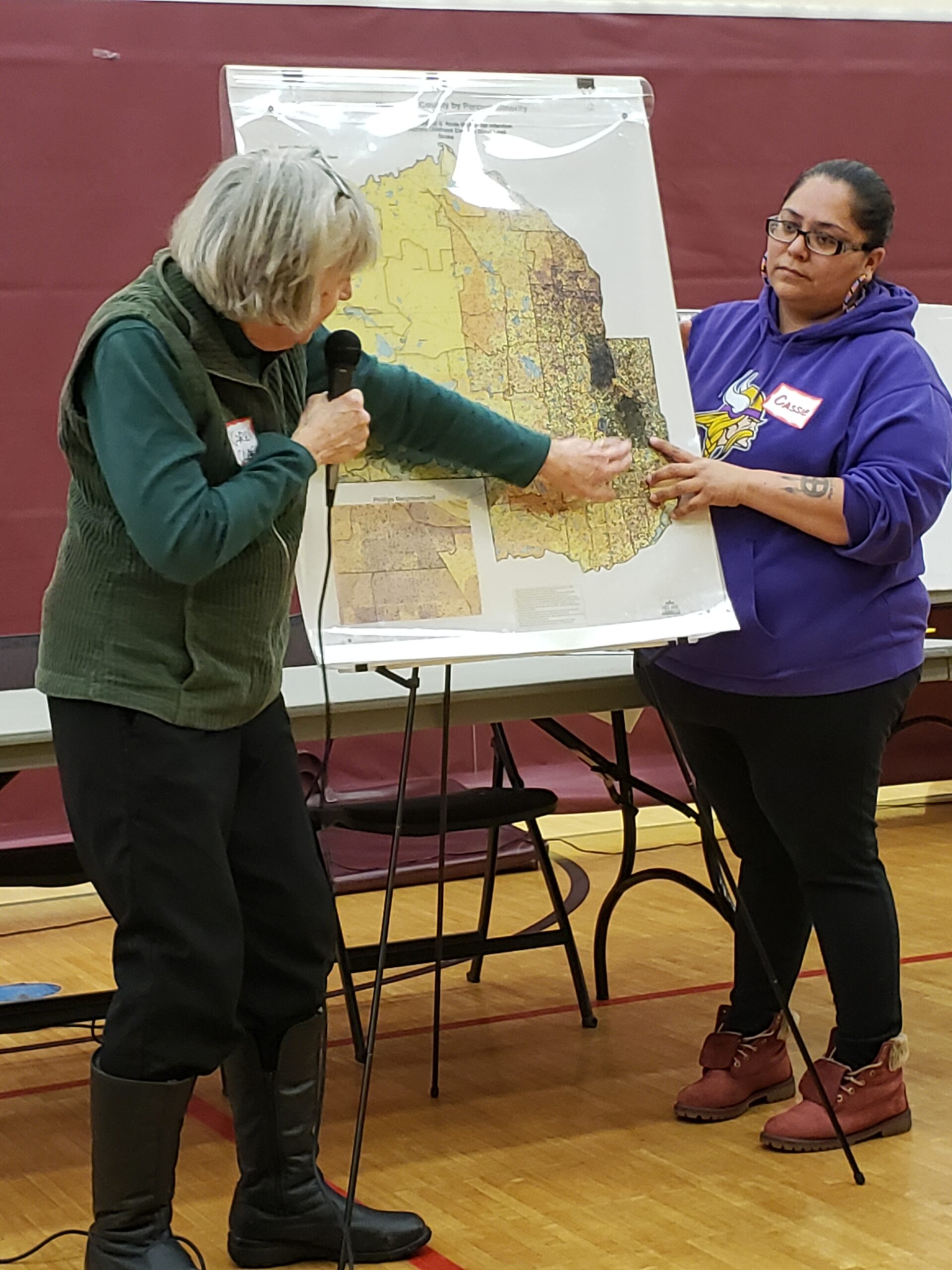
Most recently WEI supported the East Phillips Neighborhood Institute (EPNI) in purchasing the 230,000-square-foot Roof Depot warehouse located in the community. In 2014, the City of Minneapolis bought this site with plans to demolish and transform it into a public works building that would store city vehicles. Instead, community leaders envisioned creating a multi-use space centered on indoor agriculture and affordable housing that would provide fresh foods and economic opportunities to residents. Through significant organizing efforts from EPNI and a coalition of supporters including WEI, the community was able to receive state funding to purchase the Roof Depot from the city. Check out EPNI’s website to learn more about their work and vision for this project.
WEI also received a grant to place signage throughout South Side Green Zone neighborhoods to raise awareness about environmental justice and environmental health in low-income and Black, Indigenous, and People of Color (BIPOC) communities. The signs, which say “Nurturing air, soil, and water”, have been translated into Spanish, Somali, Dakota, Ojibwe, Oromo, and Korean.
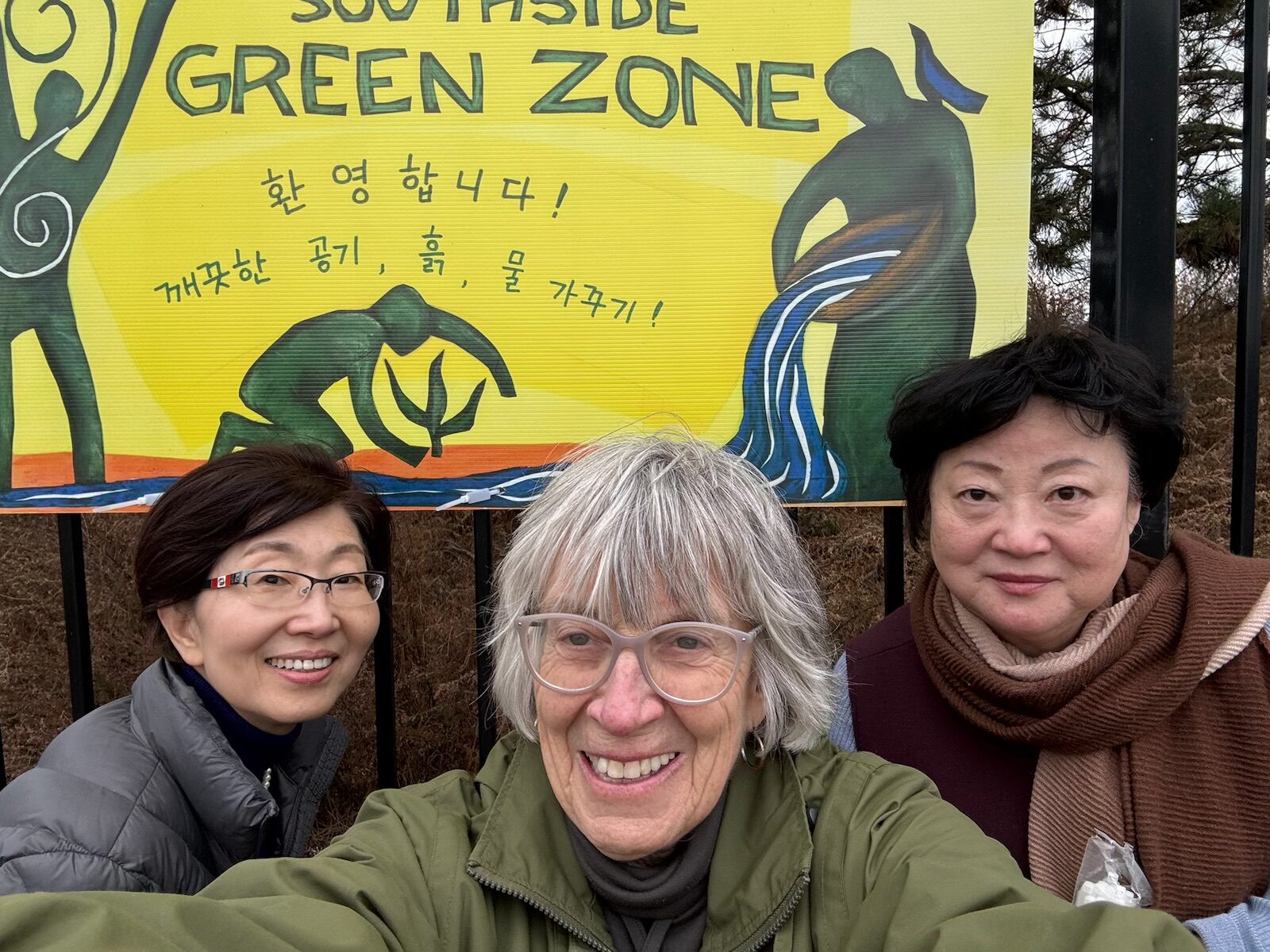
Farming as a Strategy for Food Justice and Regenerating Human Health
The agricultural component of WEI’s work started later on the Amador Hill Farm in North Branch, MN, which produces organic produce to support the local community, biodiversity, and soil health. The property includes several hoop houses, aquaponics systems, an apple orchard, a bee-keeping site, and more. The organization also has aspirations to recognize this site as a Certified Wildlife Habitat to bring greater awareness to its positive impact on the local ecosystem.
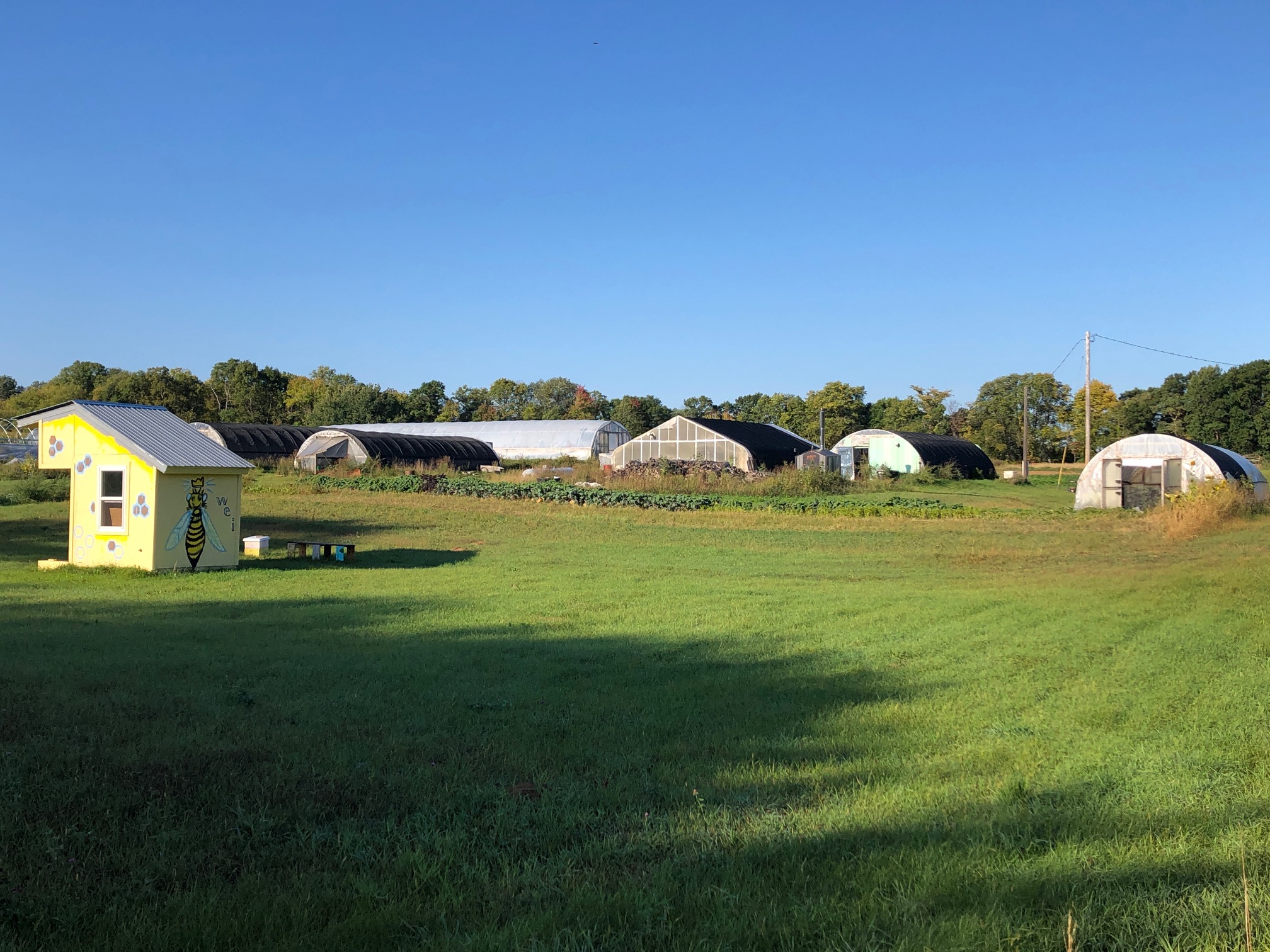
In 2023, WEI generated over 3,000 boxes of fresh fruits and vegetables at the Amador Hill Farm that were distributed to rural and urban communities in East Central Minnesota and the Twin Cities through their CSA, Mill City Farmers Market stand, and Veggie Rx program.
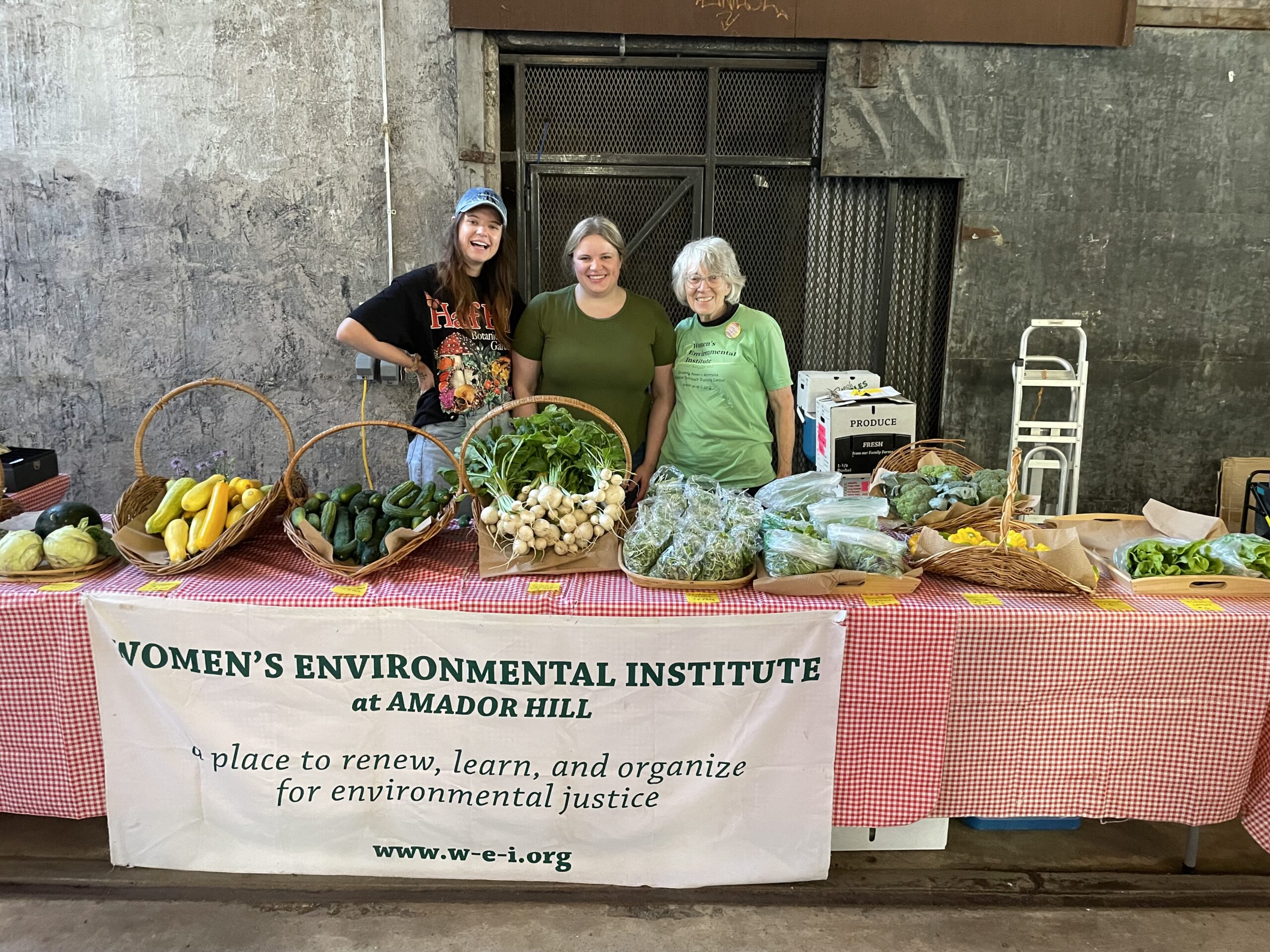
The Veggie Rx program is a collaboration with M Health Fairview to address food insecurity, support local farming systems, and help individuals manage chronic health conditions. Rx boxes are delivered to individuals that medical professionals determine could benefit from a “food prescription”. Last year, 100 weekly boxes of produce were delivered over six months to medical clinics.
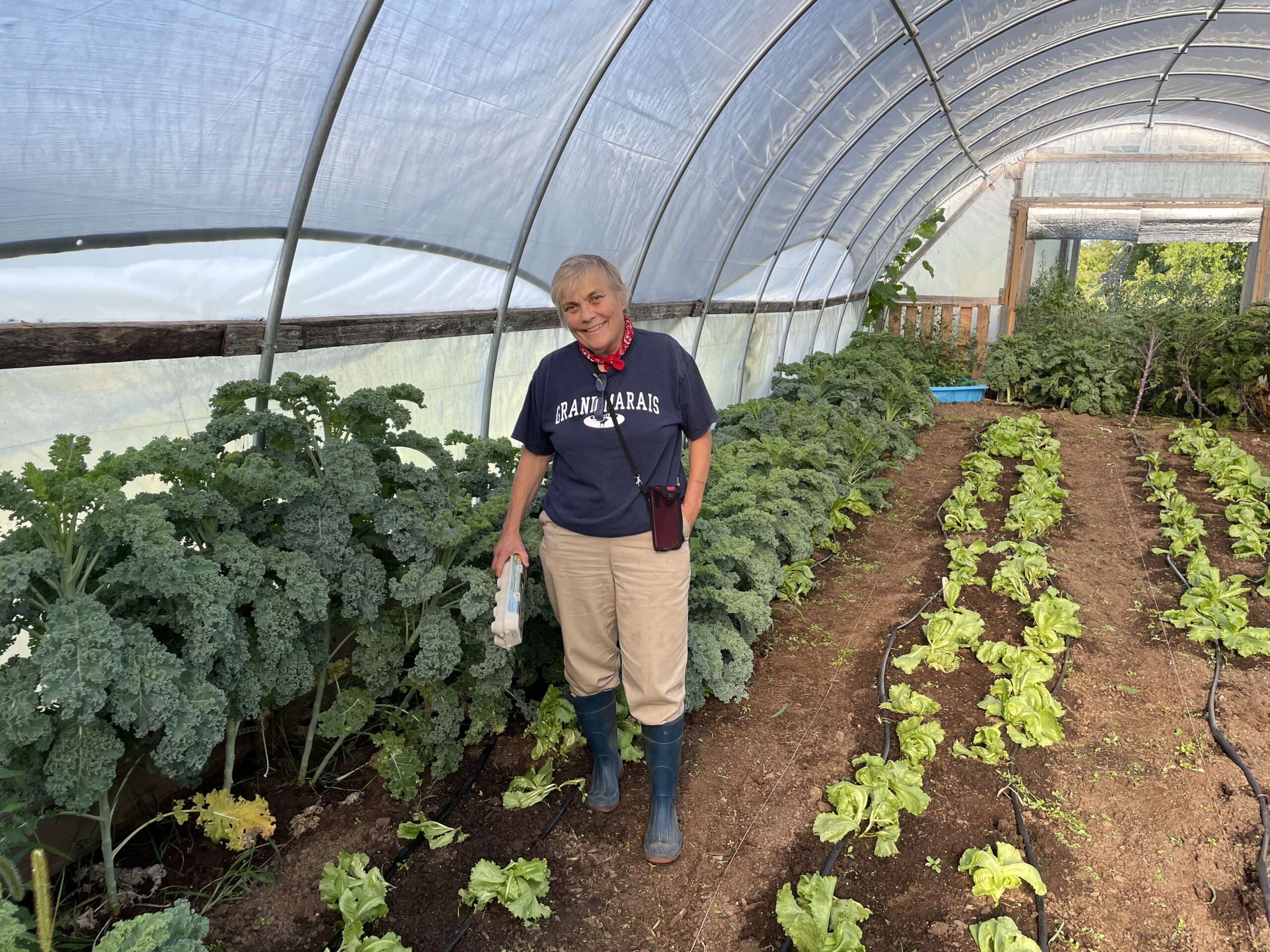
This initiative would not be possible without the contributions of the North Circle Food Hub and Online Farmer’s Market, which WEI created in 2016 to support other local farmers in the area while continuing to expand resident’s access to fresh foods. This market is virtual and allows individuals to place orders for produce online and pick up boxes at drop sites in various locations. Participating farmers prioritize sustainable farming practices and are encouraged to set their own prices through the market.
Organizing and Knowledge Sharing Through Educational Programming
Education also plays a crucial role in WEI’s efforts as the organization offers a variety of educational events and classes throughout the year. One notable event is the Annual Will Allen Farmer Training Weekend, featuring the acclaimed urban farmer Will Allen. This weekend provides participants with the opportunity to exchange ideas and organize around ensuring equal access to land for BIPOC, immigrant and low-income farmers. Last year marked their 13th year hosting this event where they were able to offer over 30 scholarships to ensure that the event was accessible to all.
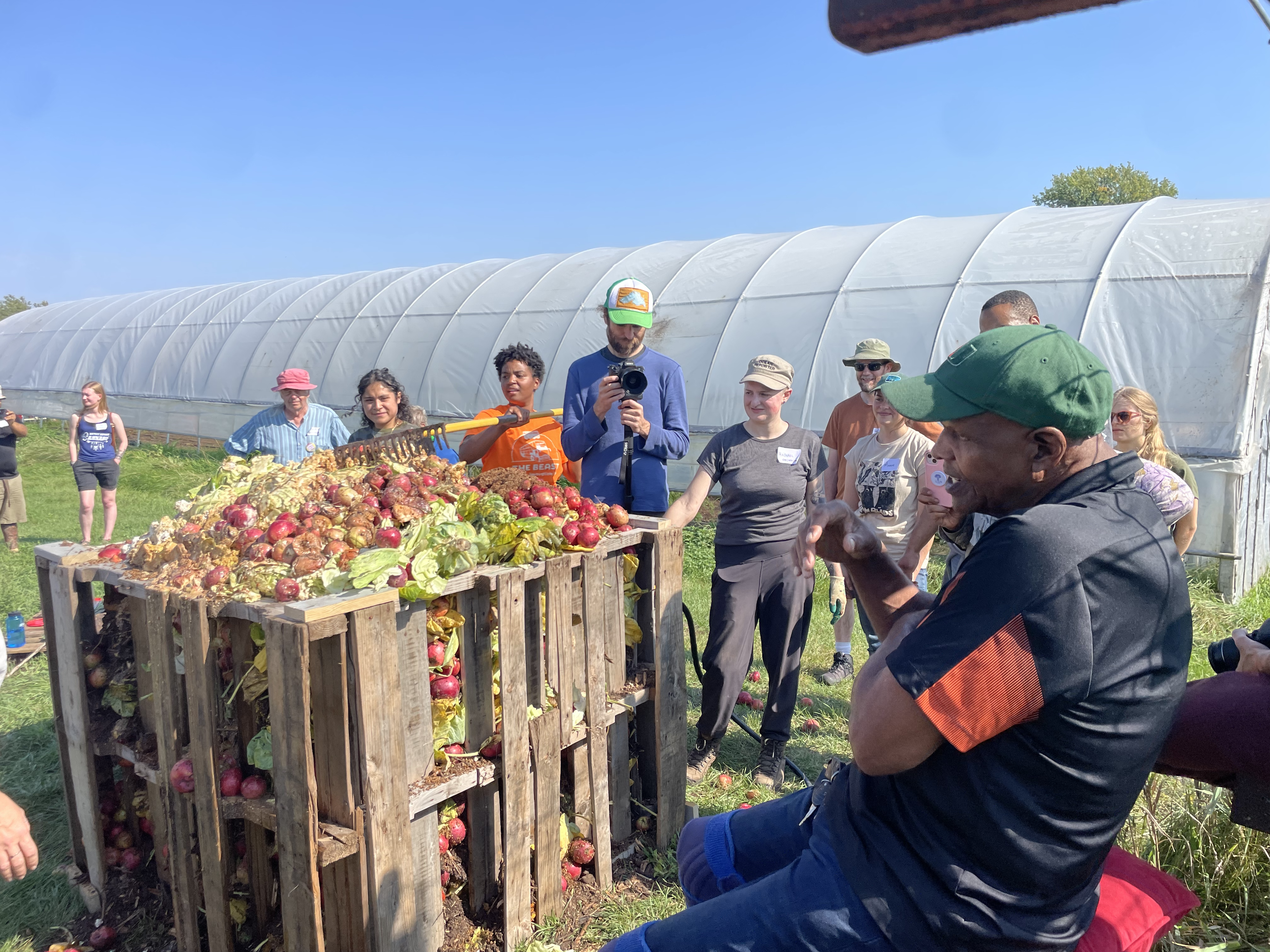
Supporting Women and BIPOC Leaders in the Environmental Movement
Reflecting on their decades of experience, Clark and Zita note that despite generally having less access to resources such as funding and land, women and BIPOC folks are often the leaders of environmental justice movements. Zita explains that “the people with less power are becoming leaders because they understand it…you see it in your child, you see it in your family, you see it in the food you eat.”
This is also the reason why it is critical to ensure that disproportionately impacted groups have the resources and support to succeed in leadership positions within the environmental movement. Again Zita states that, “if you only look at it through the point of view of privilege you are going to miss a lot, but the folks who are hit hard by environmental crisis have a different understanding of the environment…the human component needs the perspective of the people living it.”
Get Involved!
You can learn more about upcoming events and how to support the Women’s Environmental Institute by visiting their website. You can also learn more about how to create wildlife habitat on your property through our Certified Wildlife Habitat program here and how to support your community in becoming healthier, sustainable, and more wildlife-friendly through our Community Wildlife Habitat program here.

